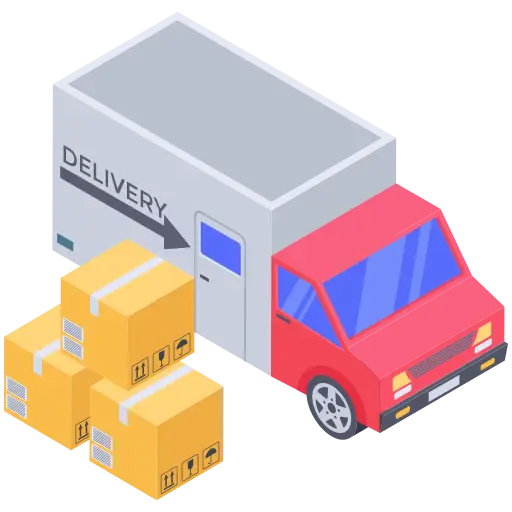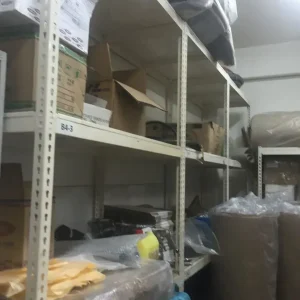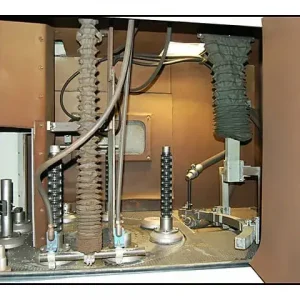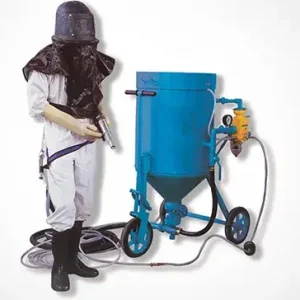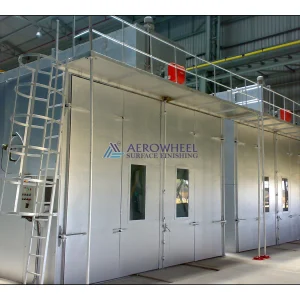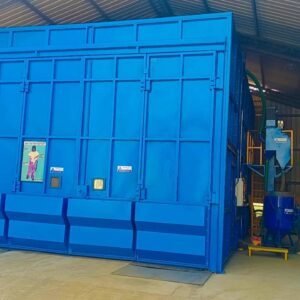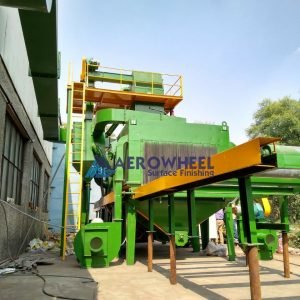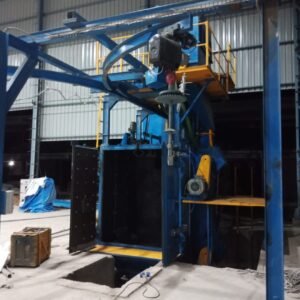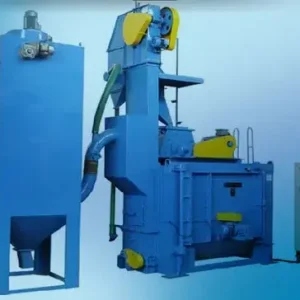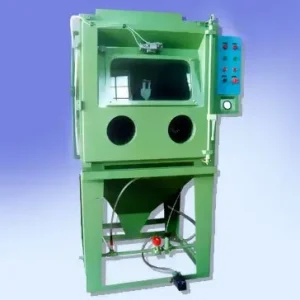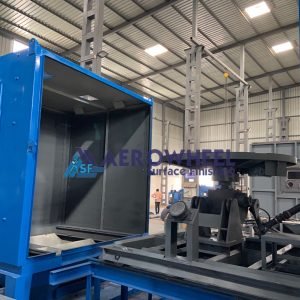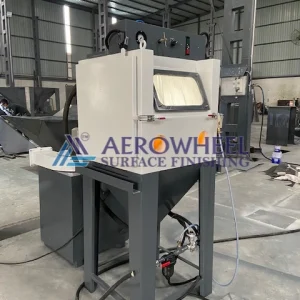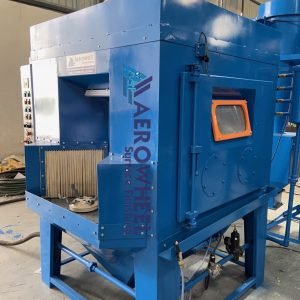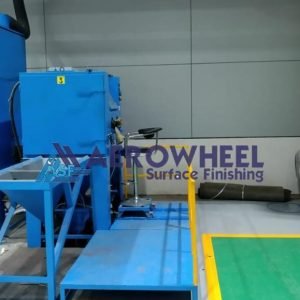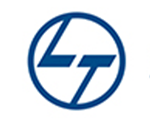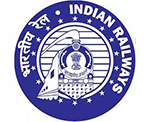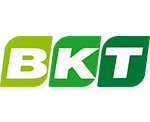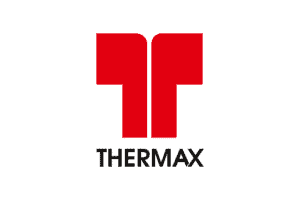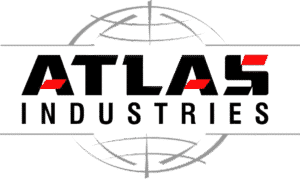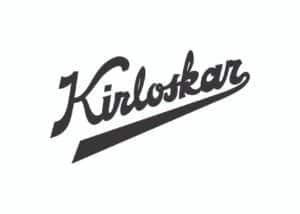Commissioning a blast room is a critical phase that ensures your system is installed correctly, operates safely, and delivers consistent surface preparation results. Proper commissioning not only validates the system’s design and performance but also minimizes future maintenance issues. At Aerowheel Surface Finishing, we follow a detailed, structured process for blast room commissioning to ensure long-term efficiency and compliance with industrial standards.
1. Pre-Commissioning Inspection
Before powering up the system, a thorough inspection is carried out to verify the blast room installation. This includes:
- Checking mechanical assemblies such as reclaim conveyors, elevators, and blast pots.
- Ensuring electrical wiring and panels are properly connected and grounded.
- Inspecting airlines, valves, and pressure gauges for leaks or loose fittings.
- Verifying that ventilation ducts and dust collectors are clean and properly aligned.
This step ensures that all mechanical and electrical components are ready for safe operation.
2. System Calibration and Setup
Once the inspection is complete, the next step is to calibrate system parameters:
- Adjust air pressure levels based on abrasive type and nozzle size.
- Set airflow balance to achieve optimal dust extraction without losing abrasive particles.
- Fine-tune abrasive metering valves for consistent material flow.
- Check that control panels and sensors are functioning properly.
Accurate calibration guarantees consistent blasting performance and prevents excessive wear on equipment.
3. Testing Abrasive Recovery System
The abrasive recovery system is the backbone of a blast room. During commissioning:
- The recovery floor or screw conveyors are tested for smooth operation.
- Bucket elevators and air wash separators are checked for material handling efficiency.
- The abrasive cleaning cycle is monitored to ensure that reusable media are properly separated from dust and debris.
A well-tuned recovery system minimizes abrasive wastage and improves blasting speed.
4. Ventilation and Dust Collection Verification
Proper ventilation ensures operator safety and system longevity. During this stage:
- Airflow measurements are taken at various points in the room.
- Filters, ducts, and exhaust fans are tested for suction performance.
- The dust collector’s pressure differential (DP) is recorded to confirm efficiency.
This ensures that the environment remains dust-free, visibility is clear, and air quality meets safety standards.
5. Operator Training and Safety Checks
Before full-scale operation begins, the commissioning team conducts operator training sessions covering:
Shot Blasting in Steel Plants – Challenges and Solutions
The Role of Sand Blasting Equipment in Modern Industries
How Paint Spray Booths Improve Paint Finish Quality
- Proper equipment handling and blasting techniques.
- Maintenance schedules and inspection routines.
- Safety gear usage (helmets, respirators, gloves, suits).
- Emergency shutdown procedures.
Well-trained operators ensure maximum productivity and minimize risk.
6. Trial Blasting and Performance Validation
A test blasting session is conducted to verify the performance of the complete system under actual working conditions.
- The surface cleanliness and profile are checked against specifications (e.g., SA 2.5 standard).
- Abrasive flow rate and blast pattern uniformity are analyzed.
- Any noise, vibration, or dust issues are identified and corrected.
Once performance meets the required standards, the blast room is declared ready for production use.
7. Documentation and Handover
Finally, a comprehensive commissioning report is prepared, detailing:
- Equipment specifications and test results.
- Calibration settings and safety checks.
- Maintenance and service recommendations.
This documentation serves as a reference for ongoing operations and future audits.
Conclusion
Proper blast room commissioning is vital to ensure safe, reliable, and efficient operation. Skipping steps or rushing the process can lead to performance issues and costly downtime.
At Aerowheel Surface Finishing, our expert technicians follow a meticulous step-by-step process that guarantees optimal setup, from inspection to operator training. With our experience in custom blast room installations across India, we ensure your system is production-ready and built for long-term success.

